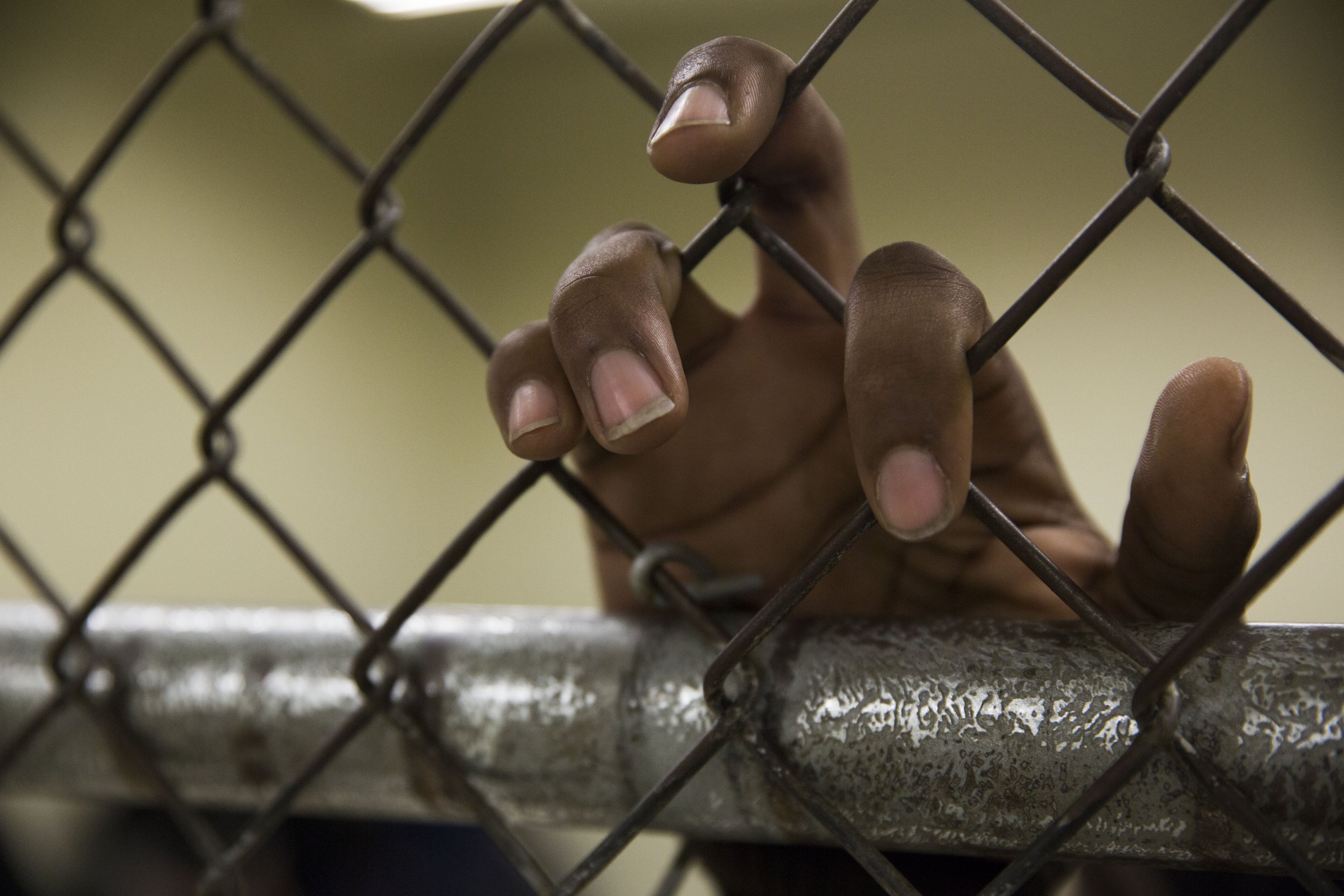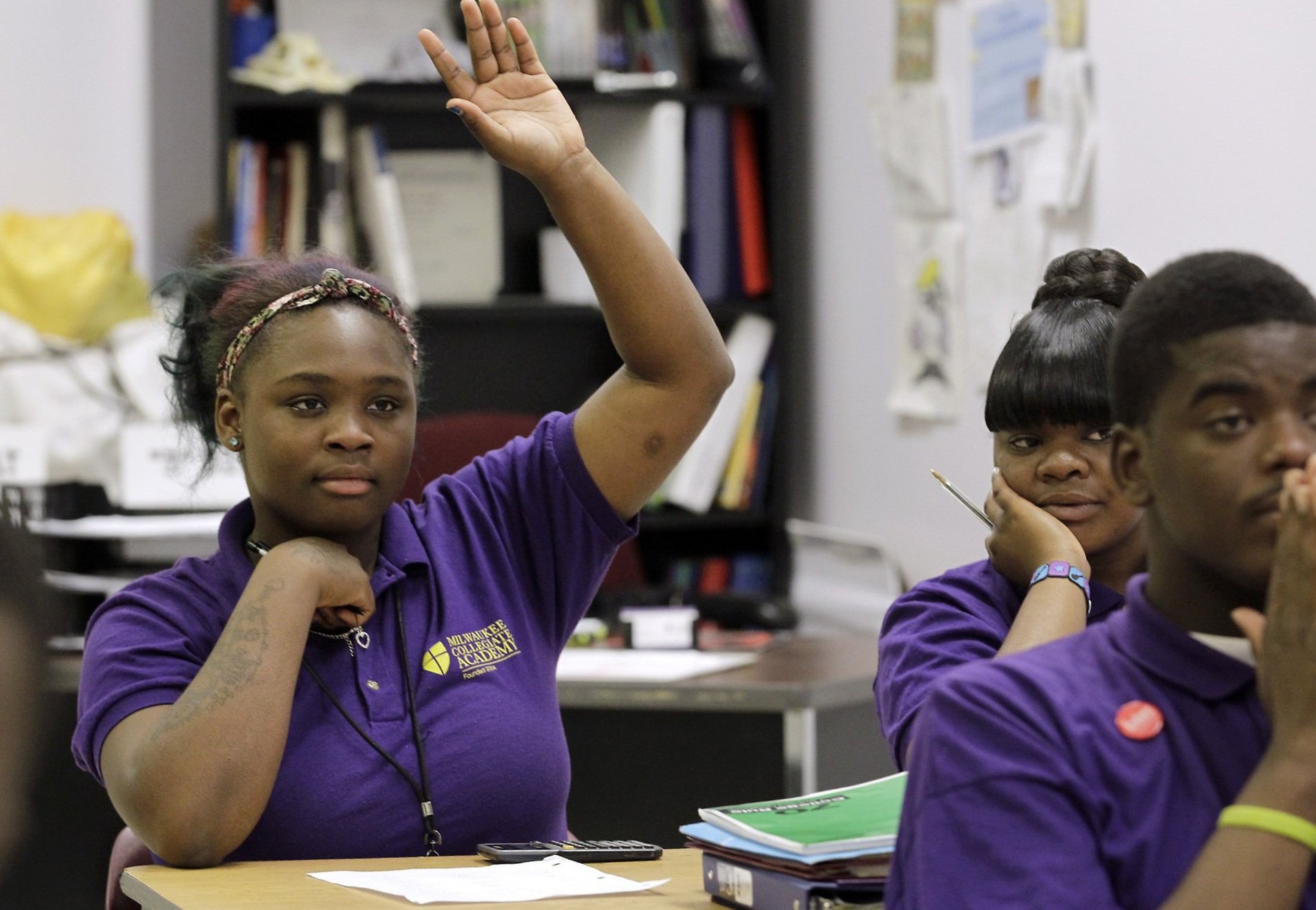
Education is our subject, and it’s baked into how we made the film.
Leveling the playing field for diverse artists in the region: a learning set
The leaders of our team were educators themselves, so teaching and filmmaking converged in amazing ways on our set, both in front of and behind the camera.
We went to great lengths to collaborate with urban schools and colleges, offering roles to students from local school districts who had never acted before.
We wrote grants specifically to offer internships for regional creators in any corner of filmmaking: camera, costumes/sets, graphic design, marketing, etc.

Our film cooperated with over 50 educators, invited students from 20+ schools in western Massachusetts to apply, and held open-call auditions at all 8 of the region’s largest urban high schools.
Not just a film…a curriculum…to inspire thought about the complexity of education in America
Since day one, our film was made in cooperation and consultation with educators. We have prepared lesson plans to incite classroom discussion, should classrooms show the film, touching on multiple classroom disciplines. We can provide those to any school willing to engage - to get students thinking about the realities, beauties & disparities of education today. Here’s a few examples:
For students who recently read The Catcher in the Rye:
Compare/contrast Holden Caulfield's worldview / experiences to a character in URBAN ED. How have their experiences made them the person they are?
For students who recently read The Autobiography of Malcolm X:
Compare/contrast Malcolm X's education to the experience of students in the film, and/or how education has changed/not-changed since then and now for students of color.
Visual Art:
Draw a collage of the education a character in the film received. Present a graphical answer to the question: "What was the student learning and where was he/she learning it from?"
Creative Writing:
Choose a student in the film and continue his/her story beyond where the film ended. Write a scene or sequence from their life one day, one month or ten years into the future.
Dramatic Art:
Choose a scene that happened in the film and re-write it in the way you think it should have happened, or wish it had happened. With a group, act your scene out for the class. Be prepared to speak about why you think it should be different.
Group Brainstorm:
Discuss where each of the characters' stories ended. What led them there? What could the world surrounding those students (families, friends, teachers, school/city/state/national leadership) do differently to change the outcomes?